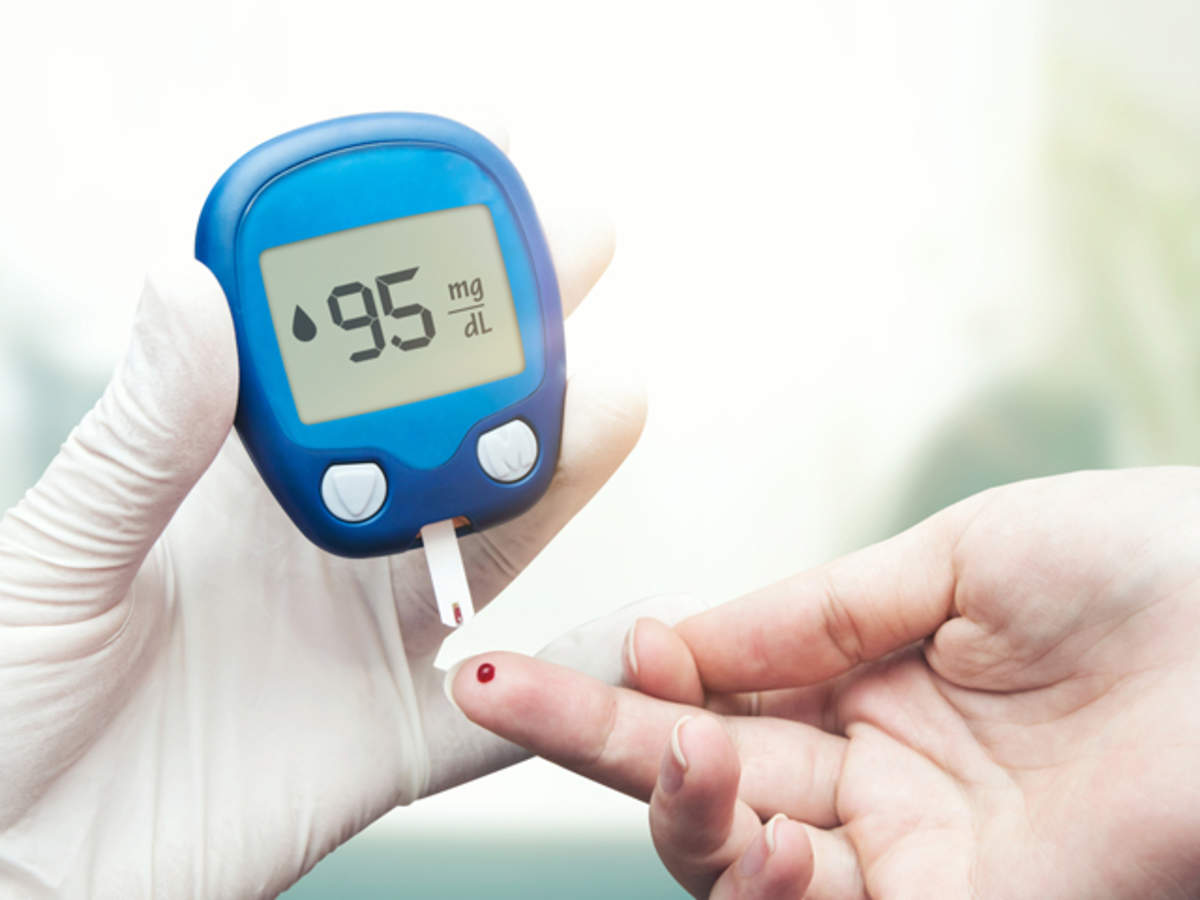
Diabetes on the rise in South, East India, says Apollo Hospitals study
Non-communicable diseases kill more than six million people in India every year, 23% of whom are in the age group of 30-70 years

Non-communicable diseases (NCD) kill more than six million people in India every year, 23 per cent of whom are in the age group of 30-70 years, according to a report by Apollo Hospitals Group.
The report titled “Health of the Nation 2022” is based on 16 million anonymous responses to the COVID-19 risk assessment scanner by Apollo 24×7.
The report highlights the current trends in NCDs in the country, including asthma, diabetes, hypertension, and heart disease.
The report also stated how artificial intelligence (AI) and data analytics play a big role in identification and management of NCDs.
Diabetes, which has an average national prevalence of 6.96 per cent, is on the rise in the eastern and southern states, according to the Apollo report. Urban areas showed a higher prevalence of diabetes at 7.01 per cent as compared to rural areas with 6.70 per cent.
Also read: Diverse and versatile fungi risk causing the next pandemic
The study also showed that obesity in women who are over 35 years of age, leads to poor diabetes control and increasing risk of heart disease and other complications. Data also indicated poor diabetes control in women with high cholesterol with a 0.5 increase in HbA1c diabetes marker levels.
The study also showed that hypertension, with an average national prevalence of more than 8.18 per cent, is on the rise in northern and eastern states. Data indicated that adult males between the ages of 36 to 50 years have a 36 per cent higher chance of developing hypertension than adult females in the same age range. Urban areas at 8.6 per cent showed a higher incidence as compared to rural areas with 7.58 per cent.
Chronic Obstructive Lung Disease (COPD) and asthma showed an incidence similar to global numbers at two per cent. According to the data, females in the age group of 36 to 50 years showed a 1.3 times higher chance of developing COPD as compared to males.
“The last year saw the country steadily building a bulwark against COVID with a robust vaccination program that led to a steady fall in the number of COVID cases. As we emerge from the shadow of COVID, it is imperative to bring the focus back on the pandemic of NCDs, a focus that faced a disruption impacting diagnosis and treatment for millions of patients,” Apollo Hospitals Group chairman Dr. Pratap C Reddy said, adding that people should treat health as an investment and not as a pandemic.
“For a developing country like India, NCDs are a critical matter that need to be addressed. In India, NCDs kill six million people every year of which around 23 per cent are between 30-70 years of age. An analysis of the data from 3.8 lakh responses to the COVID Scanner shows the criticality of addressing the NCD challenge using all the tools at our disposal,” Dr. Reddy said. “Considering our population of 1.2 billion, these are huge numbers that will increase the burden of disease and impact productivity and economic growth,” he added.
Dr. Sangita Reddy, Joint Managing Director, Apollo Hospitals Group said, “The theme of World Health Day this year is ‘Our Planet, Our Health’, which is a powerful reminder to put the health of individual and the planet at the center of our actions to create societies focused on well-being. Our annual “Health of the Nation” study collating a vast amount of real-world data on the prevalence, incidence and risks of disease has led to insights that will help us allocate resources in an optimal manner and develop the right strategy to tackle the NCD pandemic.”
Also read: Coming soon: Revised guidelines on healthy food, nutrient intake
“The study also looked at corporate employee data of about thirty-five thousand, where the average prevalence of at least one NCD in employees is about 56 per cent. The NCD risk factors of high cholesterol is prevalent in 48 per cent of employees and obesity in 18 per cent of employees. There is variability across sectors, indicating that more sedentary corporate settings should consider ways to help their employees proactively reduce these risks,” Dr. Sangita Reddy said. She also said that urban lifestyles, stress, unhealthy diets and ageing population increases the chance of people to get NCDs.
“Study results, derived from 35,000 health checks done with corporates in 2021, have also shown a high prevalence of NCDs among corporate employees. These insights will help us use technology to gain an upper hand in ensuring a healthy workforce,” Dr. Sangita Reddy said.

